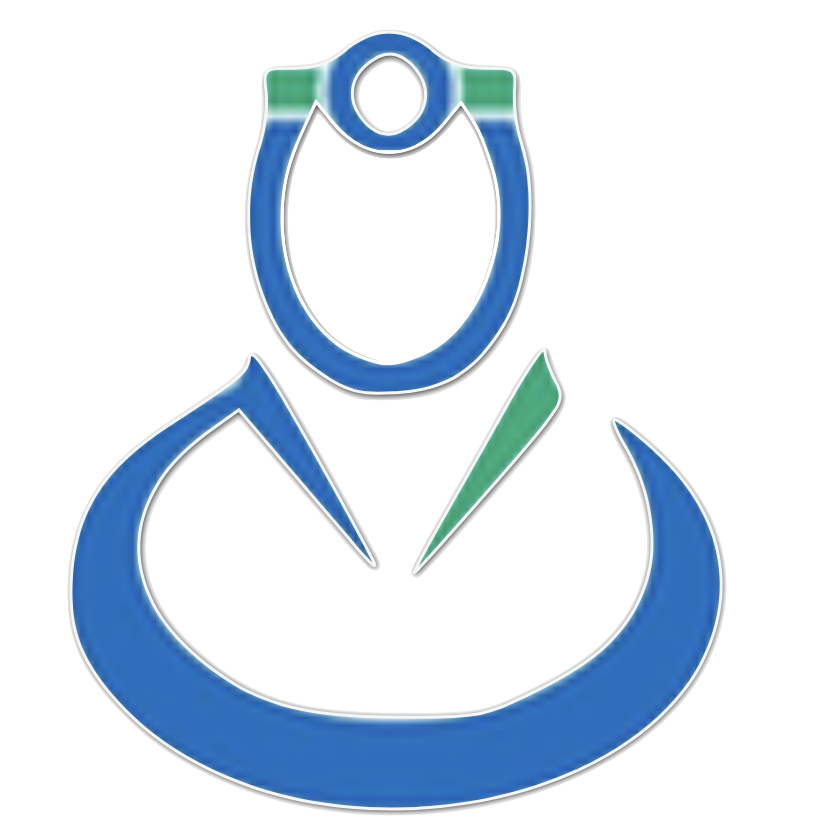“The Burden of Electronic Health Records: How EHRs Drain Physician Time and Attention, Impacting Quality of Care”
In the modern landscape of healthcare, the Electronic Health Record (EHR) system stands as both a revolutionary tool and a considerable burden for physicians. While its advent promised streamlined processes, enhanced patient care, and improved efficiency, the reality for many healthcare providers paints a different picture. Instead, the **cumbersome** nature of EHR systems often imposes significant strains on physicians, diverting their attention from patient care and leading to **time-consuming** tasks that detract from the quality of care provided.
Understanding the Challenge: EHR and Physician Burnout: Physicians, the frontline warriors in healthcare, find themselves wrestling with EHR systems that demand meticulous documentation, data entry, and administrative tasks. These systems, while designed to centralize patient information and streamline workflows, often result in **excessive documentation burdens** and **cluttered interfaces**. As a consequence, physicians are forced to spend an inordinate amount of time navigating these systems, reducing the time available for direct patient interaction and clinical decision-making.
Quality of Care Compromise: The encumbrance of EHR systems poses a direct threat to the quality of care delivered by physicians. **Time-consuming** data entry and documentation requirements divert valuable attention away from patients, potentially leading to oversight, errors, or delays in diagnosis and treatment. Moreover, the **mental strain** of navigating complex EHR interfaces can contribute to physician burnout, further compromising the quality of care as exhausted and **overwhelmed** physicians struggle to maintain focus and accuracy.
The Impact on Patient-Physician Relationship Central to the practice of medicine is the relationship between physicians and their patients. However, the prevalence of EHR-related tasks has led to a noticeable **deterioration** in this crucial aspect of healthcare delivery. Patients often find themselves interacting more with their physician’s computer screen than with the physician themselves, leading to a sense of **disconnect** and dissatisfaction. Moreover, the **time constraints** imposed by EHR documentation can hinder meaningful communication and thorough **patient engagement**, further eroding the foundation of trust upon which the patient-physician relationship is built.
Erosion of Trust and Communication Patients seek not only medical expertise but also empathy, understanding, and personalized care from their physicians. However, the **distraction** caused by EHR systems can impede effective communication and diminish the patient’s perception of being heard and understood. This erosion of trust and communication can have far-reaching consequences, impacting patient satisfaction, treatment adherence, and overall health outcomes.
Addressing the Challenges: Strategies for ImprovementWhile the challenges posed by EHR systems are significant, there exist **strategies** and **best practices** that can mitigate their impact on physician’s quality of care. Embracing **user-centered design principles** to optimize EHR interfaces, streamlining documentation requirements, and implementing **voice recognition** or **natural language processing** technologies are just a few examples of how healthcare organizations can alleviate the burden on physicians and restore focus on patient care.
Investing in Training and Support
Furthermore, investing in comprehensive **training programs** and providing ongoing **technical support** can empower physicians to navigate EHR systems more efficiently and effectively.
By equipping healthcare providers with the necessary tools and resources, organizations can foster a culture of **EHR proficiency** and mitigate the negative consequences associated with their use.
In Conclusion: while Electronic Health Records hold immense potential to revolutionize healthcare delivery, their **cumbersome** nature often imposes significant challenges for physicians. The **time-consuming** and **attention-diverting** tasks associated with EHR documentation can detract from the quality of care provided, compromise the patient-physician relationship, and contribute to physician burnout. However, by implementing **strategies** for improvement and investing in training and support, healthcare organizations can mitigate these challenges and ensure that EHR systems serve as tools for enhancing, rather than hindering, the delivery of high-quality patient care.
by Jose A Cisneros, MD,PhD


Recent Comments